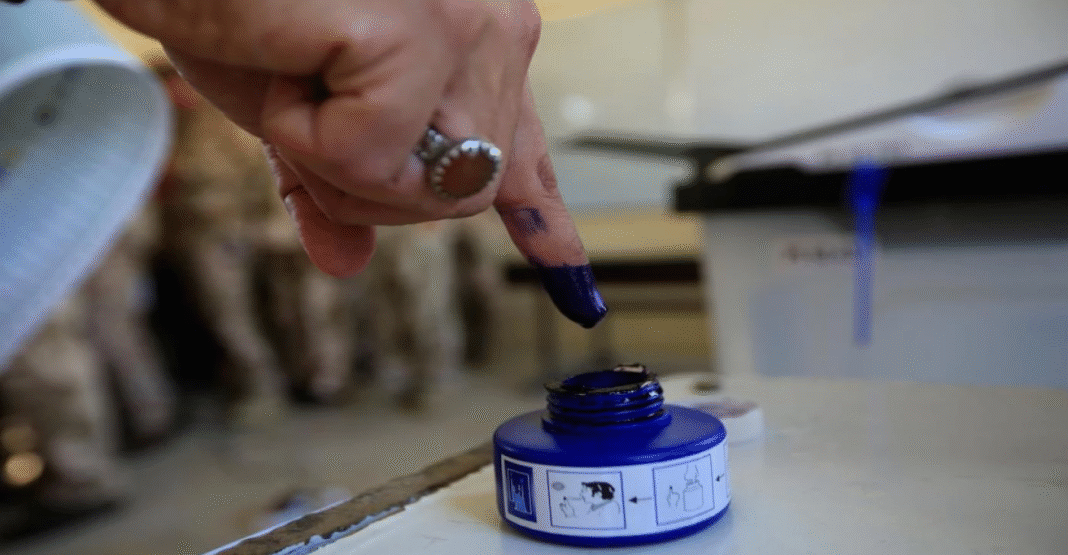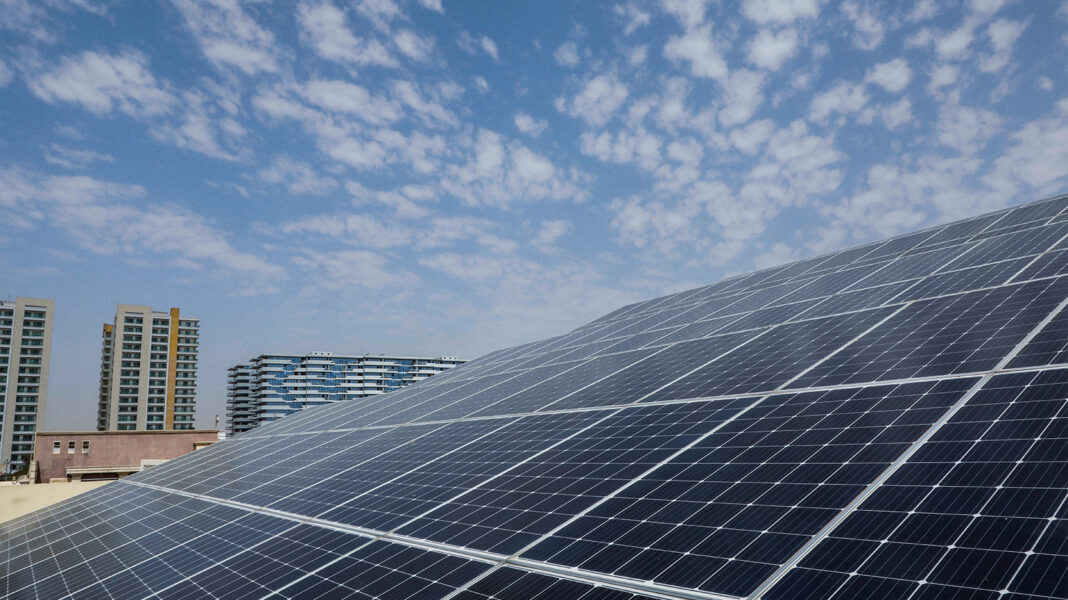Iraq and Syria strengthen energy cooperation during a key meeting in Baghdad on Tuesday. Syrian Energy Minister Mohammad al-Bashir and Deputy Ghiyath Diab met Iraq’s Deputy Prime Minister Hayan Abdul Ghani to discuss joint projects. The focus remains on restoring the Kirkuk–Baniyas oil pipeline, a vital link between the two nations.
According to Syria’s Energy Ministry, the ministers agreed to form joint technical committees. These teams will coordinate and implement restoration efforts. The talks come amid ongoing debate about the pipeline’s current condition and feasibility.
The Kirkuk–Baniyas pipeline stretches approximately 800 kilometers and was built in 1952. It originally transported up to 300,000 barrels per day. However, decades of disuse and regional instability have halted its operations.
Between 2003 and 2010, Iraq regularly sent crude oil to Syria through this pipeline. During peak periods, the flow reached about 70,000 barrels daily. Unfortunately, conflict and infrastructure damage caused the pipeline to stop functioning.
Oil expert Hamza al-Jawahiri emphasized that the existing pipeline no longer suits crude oil transport. He argued that full rehabilitation may not be practical or cost-effective. Therefore, building a new pipeline appears to be the best solution.
Al-Jawahiri estimated the new pipeline would cost over $10 billion. Baghdad would cover construction, operational fees, transport charges, and associated risks. Under this plan, Syria would gain ownership once the contract expires.
In conclusion, Iraq and Syria strengthen energy cooperation by focusing on strategic infrastructure projects. Both countries aim to boost oil transport capacity and stabilize energy supplies in the region.
The joint committees will play a critical role in coordinating the project. Their work highlights ongoing commitment to regional collaboration despite past challenges.
Overall, Iraq and Syria strengthen energy cooperation as they explore new ways to rebuild essential oil networks. The pipeline restoration could mark a major milestone for both nations’ energy sectors.



